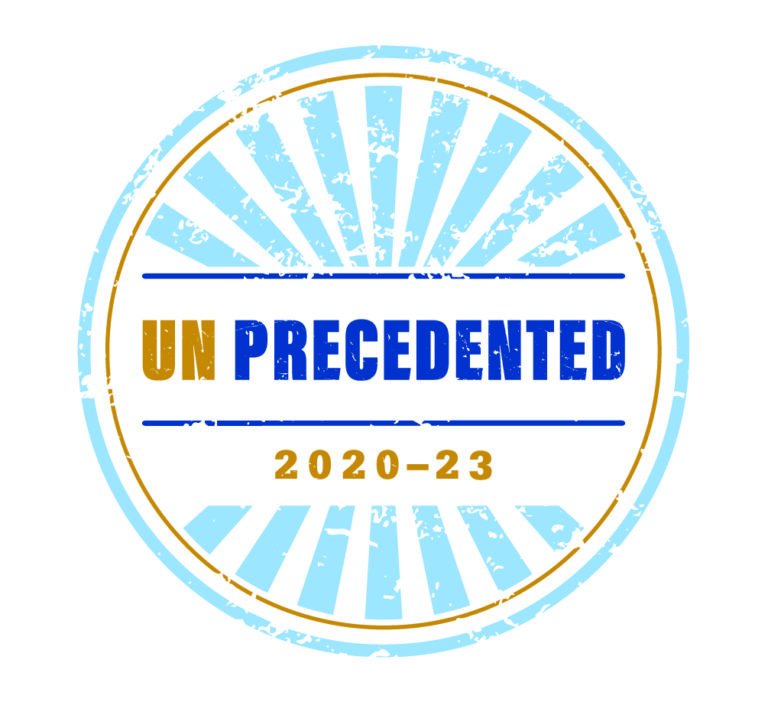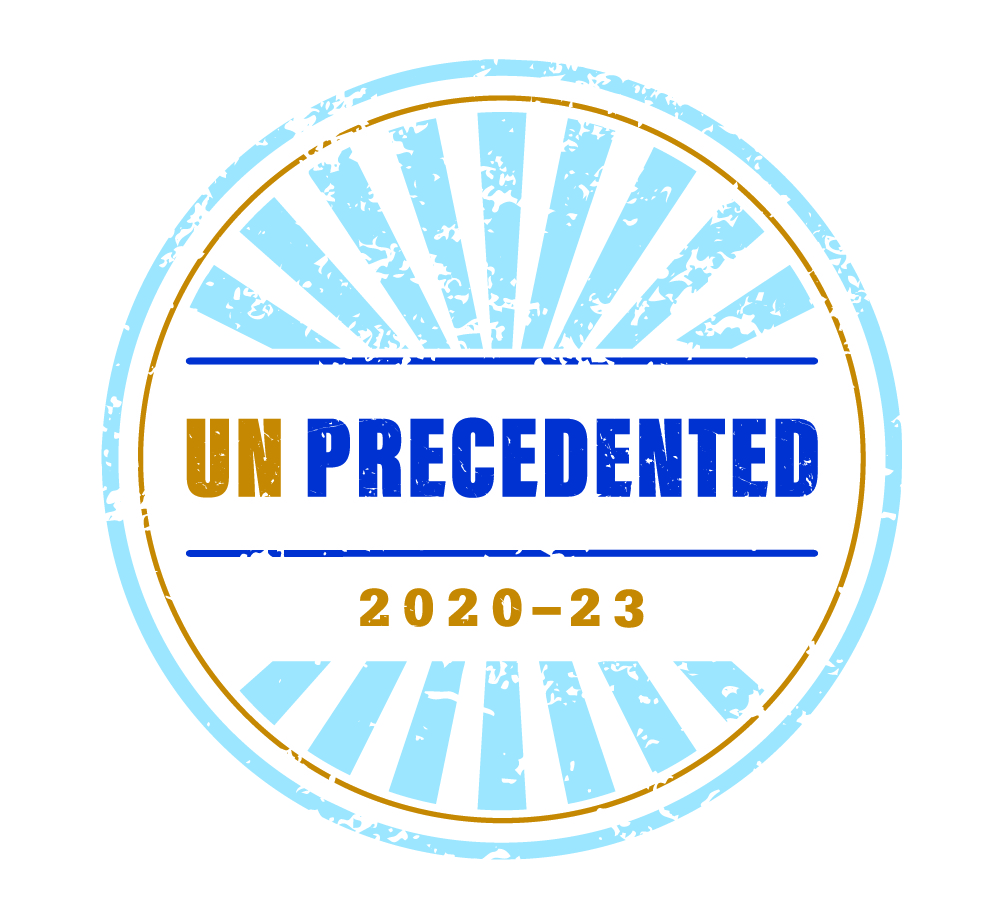Over the past decade, Twitter has offered an integral community space and online knowledge commons to humanities researchers. The relationships emerging from Twitter hashtags like #AcademicTwitter, #AltAc, and #PhDChat have produced new scholarly collaborations, crowdsourced bibliographies, collective syllabi, and more. Tweets have become a valuable source of humanities data, prompting exciting new work on the possibilities of digital storytelling, or “Twitteratures.” But the increasing use of Twitter as a research hub has also brought significant risks, only exacerbated by Elon Musk’s recent takeover of the company. What must change (and is changing) about academic Twitter communities? Is academic Twitter worth saving, or should we seek a new online forum, like Mastodon? Whatever or wherever our future virtual research community may be, how might we better ensure that we are prioritizing and protecting the sovereign knowledge(s) of Black, Indigenous, disabled, and LGBTQIA2S+ scholars, among others?
Panelists:
Raven Lloyd, Assistant Professor of African and African-American Studies and Film and Media Studies, Washington University in St. Louis
Raven Lloyd is the author of Reshaping Digital Black Resistance (forthcoming from University of California Press).
Ashley Caranto Morford, Assistant Professor of Writing and Literature, Department of Liberal Arts, Pennsylvania Academy of the Fine Arts
With Jeffrey Ansloos and David Gaertner, Ashley Caranto Morford is co-editor of #NativeTwitter: Indigenous Networks of Relation and Resistance (forthcoming from Wilfrid Laurier University Press).
Julie Park, Paterno Family Librarian for Literature and Affiliate Professor of English, Penn State
Julie Park is the author of The Self and It (Stanford University Press, 2010) and My Dark Room (forthcoming from University of Chicago Press). Her current book project, Writing’s Maker, considers the multimedia forms of life-writing in the eighteenth century.
Moderator:
Grace King, Graduate Student, Department of English, Penn State
Register here.
https://psu.zoom.us/webinar/register/WN_TR-N4H4WQ3mxBqdfK5REXQ
After registering, you will receive a confirmation email
containing information about joining the webinar.


Occurrences
-
Friday, February 17, 2023, noon–1:00 p.m.
Our events and programs are open to all students regardless of sex, gender, sexual orientation, race, or any other protected class.
The College of the Liberal Arts is committed to building a community of belonging for all.